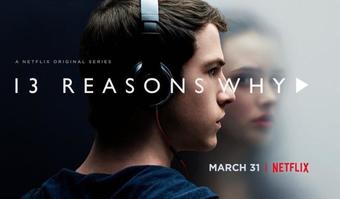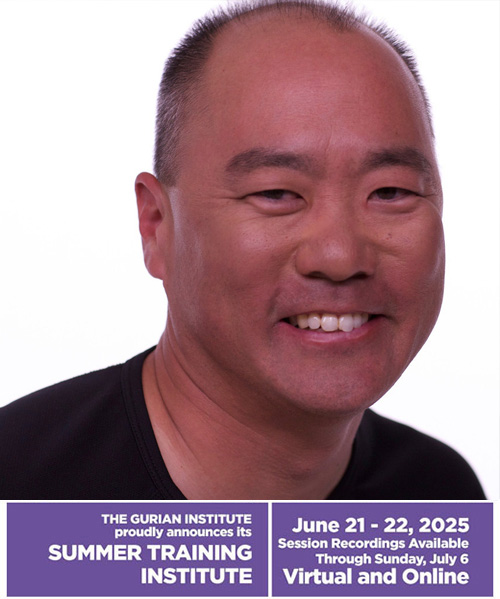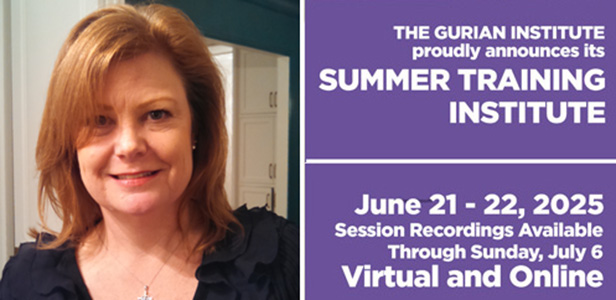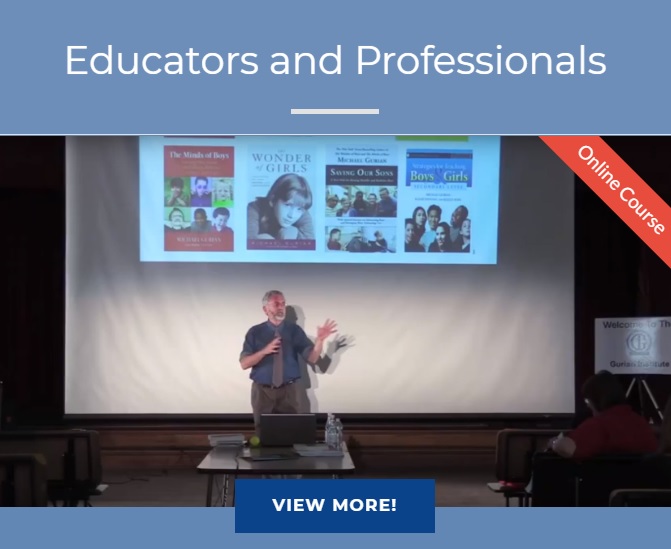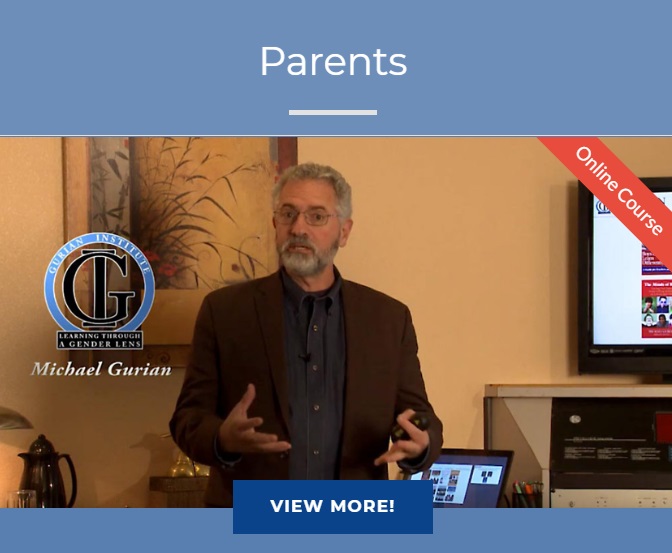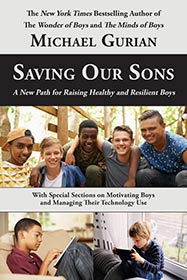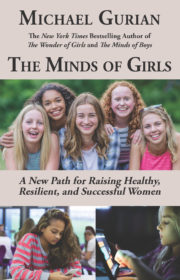Chances are, if you teach or have tweens or teenagers, you have heard the buzz about the new NetFlix series, “13 Reasons Why” produced by Selena Gomez.
This new series offers an explicit view of what life of tweens and teens is like in 2017. The series has been heralded by these teens as “epic” and “so real,” which means we adults in their lives need to dial in. The rating on the series is MA 15+, however millions of younger students are watching and processing the show, and often alone. They need our input!
In my travels as a school teacher and administrator, I often heard students say that we as adults were out of touch with what they were really going through. The tried and true phrase, ” You just don’t understand me,” was often heard in homes and hallways I visited. And some of this is true: while many of the trials and tribulations of growing up are the same in any age, times have certainly changed. With the onslaught of device access and dopamine charged apps, tweens and teens are plugged in most of the day and night. This lends itself to our kids hyper-comparing and hyper-contrasting their lives with each other’s. This kind of life can lead to engaging in online conflict and turmoil. With underdeveloped brains and a pre-frontal cortex that lacks maturity, our children’s lives can be a difficult road.
A series such as 13RW tries to speak to all this. It is realistic, raw, vulnerable, and powerful. It can serve the purpose of opening courageous conversations of all kinds on a range of topics that lie close to the heart strings of our teens. The slippery slope, however, lies in a teen’s developmental stage of life. Mimicking and creating personas and avatars of themselves is a rite of passage that they often experience and welcome. The 13RW series speaks to that rite of passage but in some ways that need guidance and boundaries in families so that parents and teens can process what the teens are viewing.
Two graphic sexual assault scenes are one reason why. So, too, other scenes with a wide range of emotions around harassment and intimidation. The suicide in the show also creates an emotional roller coaster that for any child, especially one with any preexisting mental health issue or trigger–can invite dangerous ideas and inner struggles parents, if disengaged, may not realize are happening.
What the series wins in reality, it lacks in connection to care now, and resources for treatment.
Our kids want to be heard by people that know and love them. The series can help with this if we use it to our advantage. While websites and resources are given on the Facebook page and trailer of the series, I believe these are not enough. While they comprise a wise addition, the series producers missed the opportunity to provide real life scenarios for what Hannah and the adults in the series could have done better.
Hollywood missed the mark on this one, but we don’t have to. When we know better, we do better. We can engage with our teens on this. For more insight, click here for a resource guide of tips and conversation starters from SAVE.org, an advocate in suicide prevention. Be in the know!
http://www.azfamily.com/story/35128468/the-new-netflix-series-parents-need-to-be-aware-of



